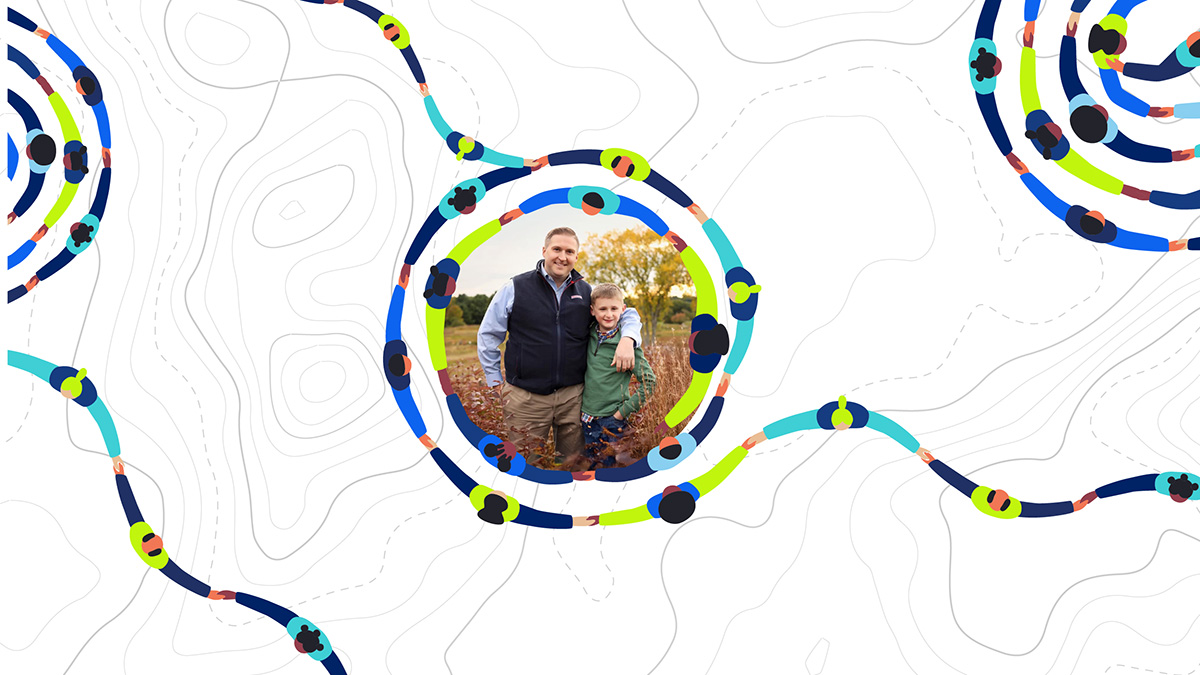Dec 3, 2024
Gorilla Snot hits environmental goals on the nose

Despite its playful name 'Gorilla Snot', this best-in-class method of dust control is not an actual gorilla by-product.
Halloween might be the only time of year slime is publicly acceptable, unless you work at our Coolidge Generating Station which now uses 'Gorilla Snot' as part of its environmental protection measures. Despite its unappealing name, Gorilla Snot is a best-in-class dust control product successfully used in Pinal County, Arizona plant to reduce desert dust and preserve water.
TransCanada's Coolidge Generating Station covers 100 acres of desert land and with more than half of the area undeveloped, 'fugitive dust' emissions are a pressing concern. Fugitive dust is made up of particles that pollute the air which in turn can harm the county's water supply, cause eye and nose irritation and trigger potential respiratory issues.
To safeguard the environment, follow county regulations and keep health and safety top-of-mind, TransCanada obtained bids from three vendors for dust control solutions.
"Most companies in our area are using water to diminish their dust emissions," said Kim Myers, TransCanada's Environmental Specialist at Coolidge. "In protecting our water supply, TransCanada decided it was important to find a solution that was both cost-effective and considerate of the environment."
The bid was awarded to SoilWorks LLC, whose Gorilla Snot product was the most environmentally friendly dust control solution to meet TransCanada's needs while also remaining in budget.
"Gorilla Snot scores both a 'zero' on the health hazardous scale as well as a 'zero' for physical hazards to the environment," Myers explained.
In early 2016, the biodegradable product was diluted with water and then sprayed over the entire open grounds at Coolidge. The product dries to create a crust on the soil that is transparent, water resistant and odorless, providing an effective barrier for rising dust.

An action shot of the Gorilla Snot being applied as a measure of dust control.
A year after application, the Coolidge site was inspected by the county and displayed impressive results. To test the effectiveness of the product a steel ball was dropped from a foot off the ground to examine if the crust breaks upon impact, as displayed in the photograph.

A close up shot of 'Gorilla Snot' in action.
Since the application, the site has had no fugitive dust emissions and with a proactive maintenance application in December 2016, it is expected the site will not need another application of Gorilla Snot for two to three years. With a name like Gorilla Snot, it's unlikely anyone on site will have difficulty remembering who to call when the time comes.



